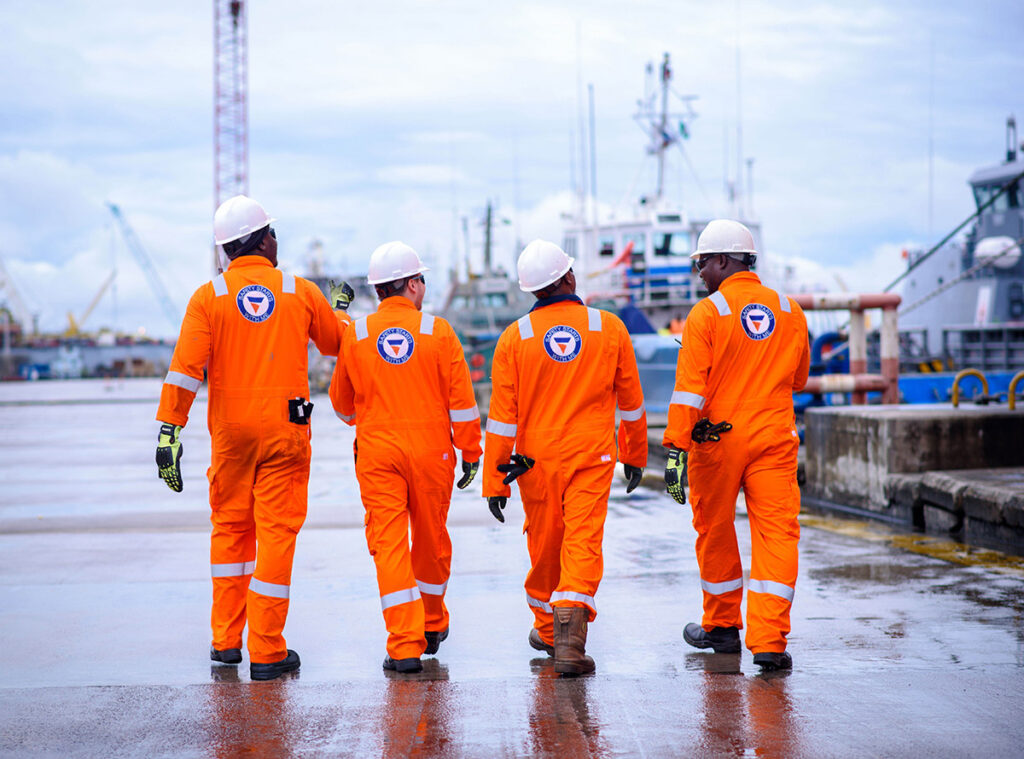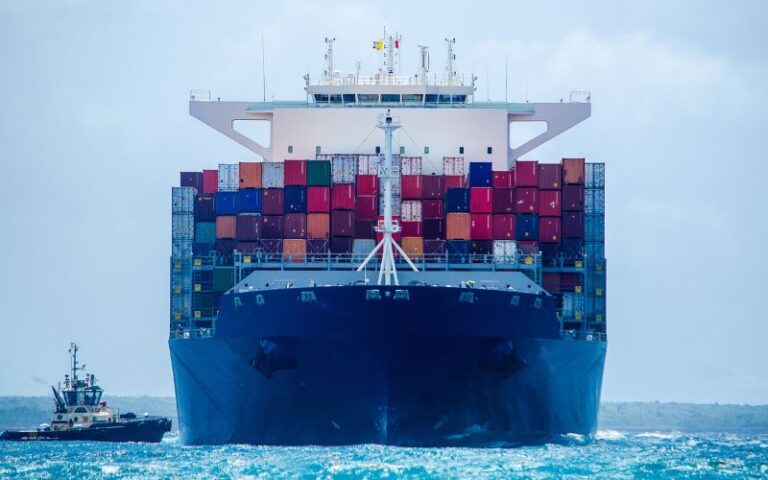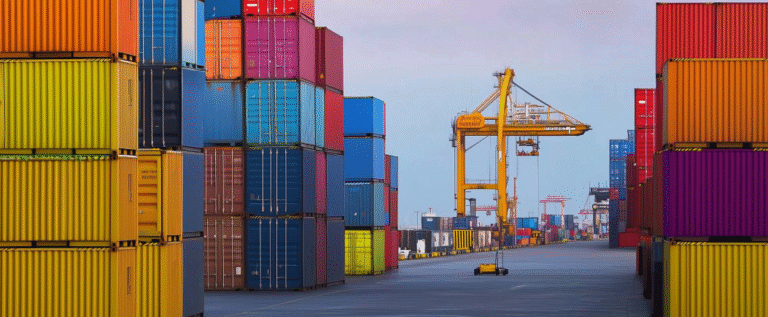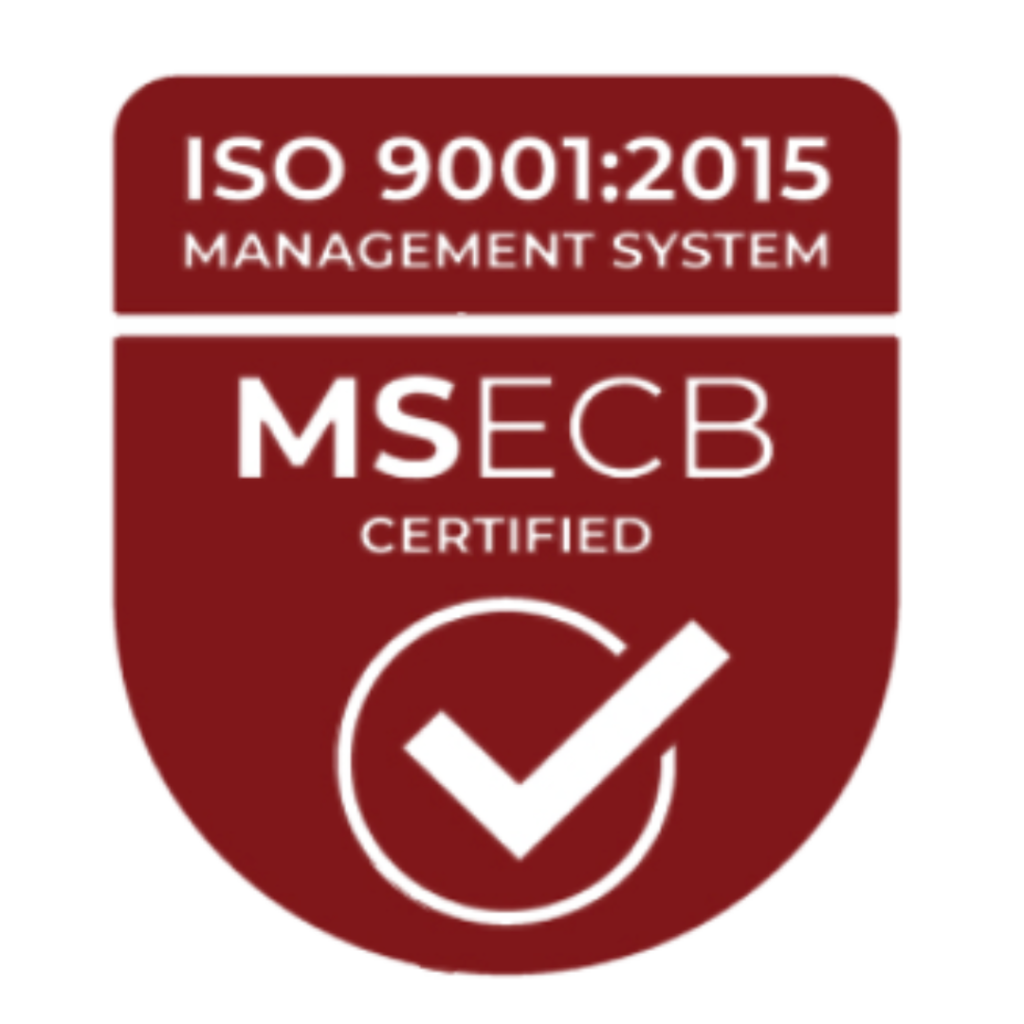Crew changes occur at the center of shipping. Be it cargo, tanker, or offshore support, everything depends on timely and effective crew rotation in order to keep the vessels in compliance with international labor laws, keep them secure, and provide effective ship functioning.
However, crew changes, particularly in West Africa, are typically challenging due to regulatory, logistical, and environmental problems. One significant part of a marine company of prestige is making sure crew changes take place with ease, legally, and with minimal disruption to shipping activities.
Below are explanations about how shipping companies strategically plan crew rotations from the planning stage to shipping, and why having a proper local representative is not an option.
1. Pre-Arrival Planning & Communication
Successful crew changes should be scheduled well ahead, often weeks in advance. Shipping companies advise shipowners and crewing managers:
- Verify port schedule and determine feasibility for crew change
- Gather crew documents, such as passports, visas, vaccinations, and Seaman’s Books
- Align crew change schedule with ship schedule and the country port authorities’ rules
- Issue advance notifications to immigration, customs, and health authorities in ports
- Arrange PCR tests, if properly demanded by flight requirements or harbor regulations.
It introduces active action, where the sea agency finds opportunities in the paper and seizes them, circumventing probable regulatory hurdles and circumventing idle time-wasting. It also creates an advanced alert to shore officials, who are provided adequate time in advance while the ship arrives, preparing them for examination, clearance, and medical.
Besides, sea agents will arrange quarantines or temporary accommodation, if necessary, according to prevailing health regulations or the date of arrival. The steps are carefully mapped in advance to avoid operational jams and facilitate smooth handover from off-signers to on-signers.
2. Visa Purchase and Immigration Clearance
At all West African ports, including Nigeria, crews entering or leaving the nation must possess shore passes, transit visas, or multiple-entry seafarer permits. Marine firms make this easy by:
- Acquiring the necessary visas from immigration liaison officers
- Verifying that all crew members qualify under entry/exit conditions (acceptable traveling documents, yellow card, etc.)
- Scheduling crew flight times with airlines (arrival time, continuation flights, layovers)
- Managing ground transportation along with airport meet-and-greet services
As visa processing takes time and is sensitive, it’s important that the maritime agent is properly versed in the procedures of the destination country regarding immigration. Local contacts, with follow-up if needed, avoid denied boarding, flight cancellations, or repatriation delays.
3. Health & Safety Compliance
Post-COVID measures and increasing international health directives have made adherence to health a mandatory crew change procedure. Shipping companies are subject to advanced health-related regulations and absolute adherence to each step. They ensure that:
- Forced screening at port health units for temperature, symptoms, and general well-being prior to travel
- PCR test and vaccination needs are fulfilled according to destination country/transit country regulations
- Access to proper medical care when an ill crewman is found or gets injured along the way or aboard
- In coordination with treatment- and reporting-accredited hospitals, follow-up reports and, where required, medical repatriation
At certain ports, shipping lines are also forced to provide health clearance certificates or bargain with the quarantine officials in exceptional risk cases. Sail crew with an expired test report, no vaccination certificate, or a partial health declaration are most likely to be refused entry or delayed in quarantine.
An effective maritime agent knows the health compliance process of every port, therefore planning. They keep abreast of policy changes in immigration, WHO, and port health authorities on shore, therefore avoiding disruption. This vigilance ensures the safety of the crew in addition to the cruising schedule of the ship.
4. Shore Passes and Security Escort Services
In order to travel safely and lawfully from the ship ports and terminals to airports, sailors need shore passes authorized by the shore immigration bureau. Shipping firms, particularly in offshore areas or restricted zones, do more than the regulatory requirement in matters of compliance and security:
- Use armed security escorts when required by client protocols or by port authorities
- Offer armed transport or escorted convoys in risk-prone areas
- You may go directly to private shipping security companies or talk with the Nigerian Navy or the Marine Police
- Comply with requirements under the ISPS (International Ship and Port Facility Security) code
They make guarantees to offshore crew members, protect essential freight, and maintain sea promise security.
5. Logistics Co-coordination: Transportation & Accommodation
A good crew change involves far more than paperwork. The shipping lines have responsibility for all aspects of changeover, including:
- Stopover/pre-post boarding accommodation hotel reservation
- Pickup and dropping off at the airport in a secure, dependable transport
- Provision of food, local SIM cards, and emergency contact assistance
- Planning, coordination, and administration of sail-in/sail-out operations, sail-by operations, etc.
6. Port Authority Approvals & Terminal Coordination
Crew movement in and out of the port terminal is subject to clearances by:
- Nigerian Ports Authority (NPA)
- Terminal Operators
- Port Facility Security Officers (PFSOs)
- Port Health & Immigration Officials
A shipping company that holds a license specializes in traveling by speed between crossing levels. They purchase terminal entry licenses, vessel access licenses, and become dock- or anchorage-restricted for boarding or disembarking purposes.
7. Dealing with Emergency Situations and Final
It never actually happens as planned when crew changes loom. Flights are canceled. Test outcomes are undetermined. Anticipated negative winds might bring the ports’ movement to a standstill. In such cases, a proficient maritime company:
- It reschedules logistics directly and notifies affected authorities
- Rebooks accommodations, ground, etc., as needed
- Communicates instantly with vessel masters, shipping firms, and crew agencies
- Resolves immigration or customs issues at the grassroots level
- Provides temporary housing or temporary holding areas for impacted crew
They are required in an attempt to reduce disruption and prevent expensive delays.
8. Record-Keeping and Reporting of Compliance
Having proper documentation is essential to be able to prove that crew changes were conducted legally and in accordance with international labor legislation. Maritime companies provide:
- Signed crew change forms and exit/entry stamps
- Health clearance forms and laboratory tests
- Immigration and customs forms
- Receipts for end-service repatriation and flight itineraries
- Reporting to NIMASA, NPA, and relevant flag states as required
Having a full audit trail safeguards ship operators against inspections or audits.
Why Hire a Local, Trustworthy Maritime Firm?
In nations such as Nigeria, where it’s difficult to navigate bureaucratic procedures, one needs an agent who has grassroots experience at the shipping/maritime level. That’s what distinguishes them:
- Regulatory Familiarity: They know the local port information—what to do, who to meet, and how to speed up the approval.
- Cultural Know-how: They act as both cultural and linguistic mediators between foreign crew members and national officials.
- 24/7 Support: It’s 2 AM, it’s a national holiday, expert agencies provide 24/7 crew change support.
- Network of Contacts: They possess contacts they need, ranging from immigration officers to hotel managers and ground handlers at airports.
- Proven Compliance: Fully compliant in every respect with NIMASA, NPA, and other maritime regulatory frameworks—you are always on the correct side of the law.
Wolid International Ltd: Your West African Crew Change Partner
At Wolid International Ltd, we take pride in conducting fast, secure, and trouble-free crew changes to every Nigerian port—Apapa, Tin Can, Onne, Warri, and others. Our crew includes:
- Specialized crew-change officers on board
- 24/7 coordination with the immigrant, customs, and port health
- Visa procurement and immigration consultation
- Hotel, transport, and medical arrangements
- Adherence to ISPS, NIMASA, and international conventions on maritime labor
Whether you operate tankers, bulk carriers, offshore supply vessels, or containerships, Wolid ensures smooth crew exchanges—on schedule, guaranteed.
Conclusion
Crew changes aren’t just logistical occurrences—they’re paramount operations requiring legal accuracy, human sensitivity, and operational synchrony. A seasoned shipping line puts your crew on and off safely, legally, and on time without affecting your shipping schedules.
Selecting the proper partner with whom to fulfill this duty matters. Your replacement process of crew with Wolid International Ltd. remains in experienced, compliant, and dedicated hands.
Contact us today to plan your next crew change:
Phone: +234 (0) 803 000 0000
Email: info@wolidshipping.com
